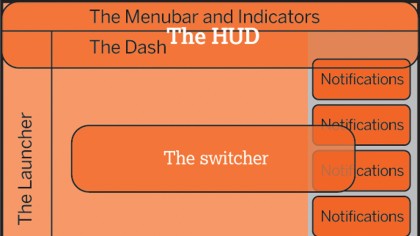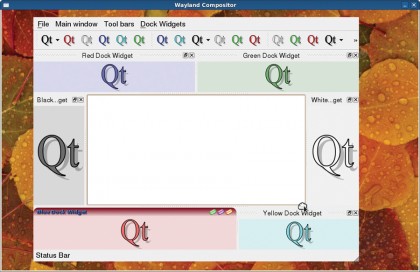Has Ubuntu lost it?
Some say Canonical has lost its way. Are they right?
Another idea that never happened was the proposal that Ubuntu switch to a rolling release developmental model either alongside or replacing the current bi-annual full release model. Distros that use rolling releases, such as Arch or Manjaro, tend to be quite popular among more experienced users, and several either are exclusively rolling releases or offer a rolling version alongside periodic full releases.
However, contributors to Ubuntu were concerned. How would they have to rearrange things now? Shuttleworth decided the best thing to do was strengthen the Long Term Support releases, shortening the life cycles of interim releases, and "designating the tip of development as a Rolling Release."
In 2008 Shuttleworth suggested Debian, GNOME, the kernel, X, and all other projects time their major releases to coincide with Ubuntu's development schedule in what he called "cadence." As he put it, "There's no doubt in my mind that the stronger the 'pulse' we are able to create, by coordinating the freezes and releases of major pieces of the free software stack, the stronger our impact on the global software market will be, and the better for all companies - from MySQL to Alfresco, from Zimbra to OBM, from Red Hat to Ubuntu."
Shuttleworth later replied to criticism saying, "We're not trying to get people to shift to accommodate us. We're trying to catalyse a conversation across the whole ecosystem, and let things settle where they do."
Many in the Linux community considered the idea of coordinating schedules to be futile, and rejected the concept.
Space: the final frontier

Replacing GNOME with Unity, however, didn't cause anywhere near the level of uproar the community experienced when Mir was announced. Mir is a new display server written to replace the X window system and Compiz compositing manager.
Underlying the decision was Canonical's desire to compete with the Android operating system on phones and tablets. X doesn't scale down very well, especially with fancy effects, while Mir, according to Canonical, theoretically offers these things in more efficient, much smaller, and safer packages.
Get daily insight, inspiration and deals in your inbox
Sign up for breaking news, reviews, opinion, top tech deals, and more.
The decision to move to Mir was accompanied by criticism of the competing project, which annoyed plenty of developers. Software engineer Kristian Høgsberg countered Ubuntu's claim that Wayland wasn't up to the job. "The technical reasons on the Mir page just don't add up … don't go out and tell the whole world how Wayland is broken and has all X's input problems."

Daniel Stone, contributor to X.Org (one of the base technologies without which we'd still be staring at blinking green text on a black background), put in: "I'm not worried about Wayland's future at all. I'm just irritated that this means more work for us, more work for upstream developers, more work for toolkits, and more work for hardware vendors."
Another large deposit of code and an untold number of developer hours were now out the door, but Mir was already working with Android display drivers, and was the wave of the future according to management. Despite the wailing and gnashing of teeth, Ubuntu is moving forward in a new direction, and desktop PC's isn't it.
In October 2012 Ubuntu announced that it would no longer be sharing as much developmental news or as many developmental releases with the community as in years past. Shuttleworth was tired of the in-fighting and outside criticism, saying: "While we won't talk about [new features] until we think they are ready to celebrate, we're happy to engage with contributing community members that have established credibility in Ubuntu, who want to be part of the action."
Ubuntu on the move
Will Canonical's commitment to Unity pay off in the long run?

Ubuntu showed the world what many had been saying for years - that Linux really isn't that difficult. Somehow Ubuntu hit just the right chord of revolutionary spirit, community ownership, and geek status for the masses. It was a remarkable accomplishment, which others, such as Mandriva struggled to achieve but failed.